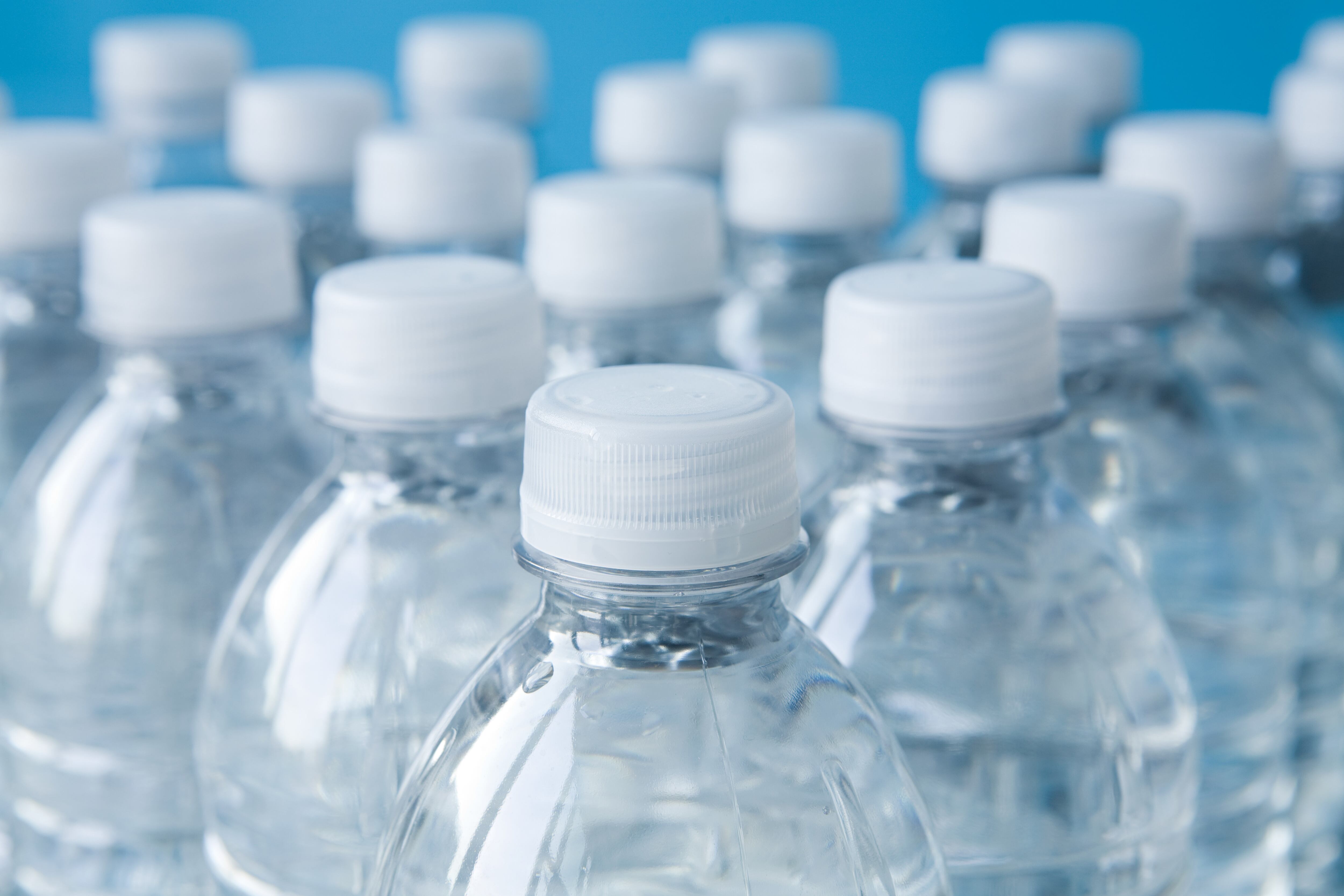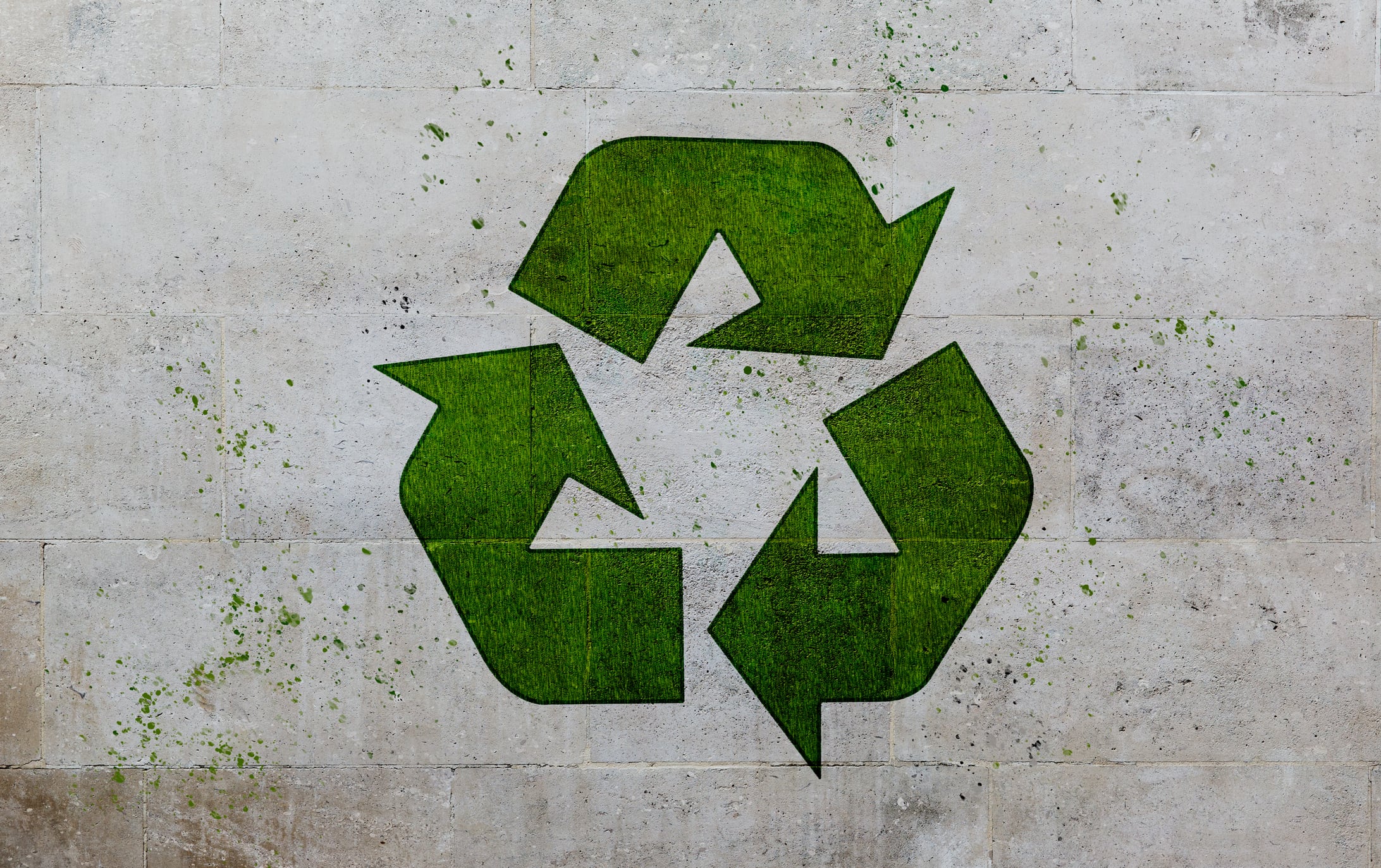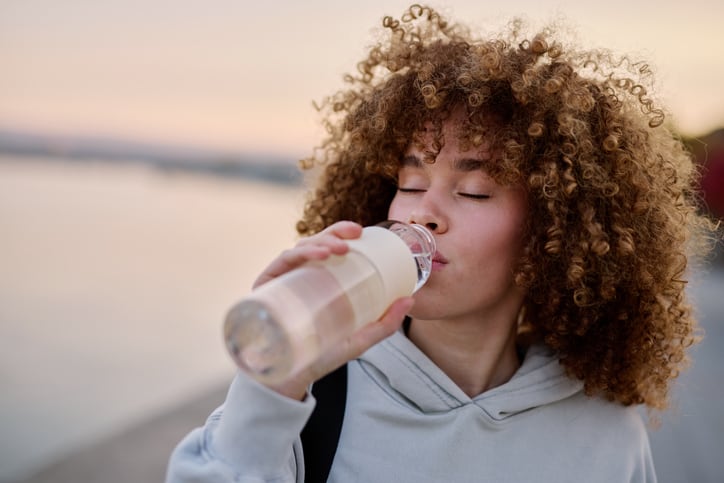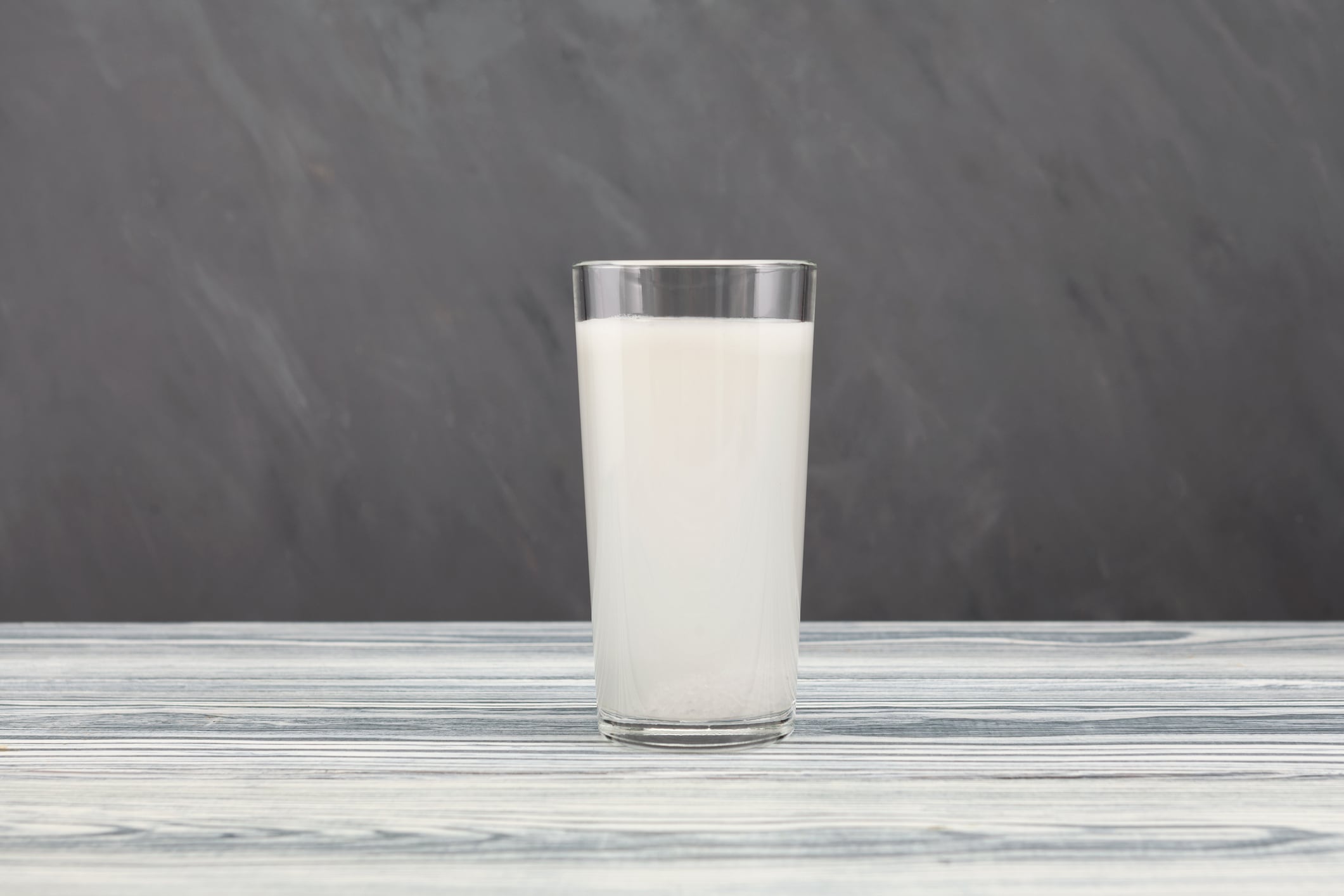The variety of hydration options for health-conscious consumers continues to flow with new flavored water and hydration powders hitting the market every year, and upstart producers are working harder than ever to distinguish themselves.
The Beverage Marketing Corporation (BMC), a research and data analytics company, reported in June that its US Bottled Water Industry Database counts 2,842 companies selling bottled water.
But good old-fashioned bottled water is taking a backseat to its flavored counterparts.
Future Market Insights Inc. (FMI) reports that low-calorie, vitamin-fortified and naturally flavored waters dominate in US and Canadian markets. The flavored water market is estimated to reach nearly $18 billion in 2025 and grow at a compound annual growth rate of 9.6% to $44.9 billion over the next decade.
North America holds a significant portion of the market, according to FMI, which noted that the trend is driven by the “increasing demand for functional beverages and established brands of bottled water.”
“Heightened awareness regarding obesity and initiatives for reducing sugar consumption have also propelled the growth of the market,” FMI said, but the industry is not without its challenges.
New players to the drink market face not only hundreds of bottled water competitors, but they’re also competing with functional beverage companies that produce sports drinks, vitamin waters, herbal teas and more.
“In addition, how the product is produced (natural flavoring, organic, eco-package) also affects the price and profitability. Growing worries over artificial sweeteners and preservatives are also pressuring brands to transition to clean-label products, which come with a higher price tag,” FMI said.
Blume Honey Water
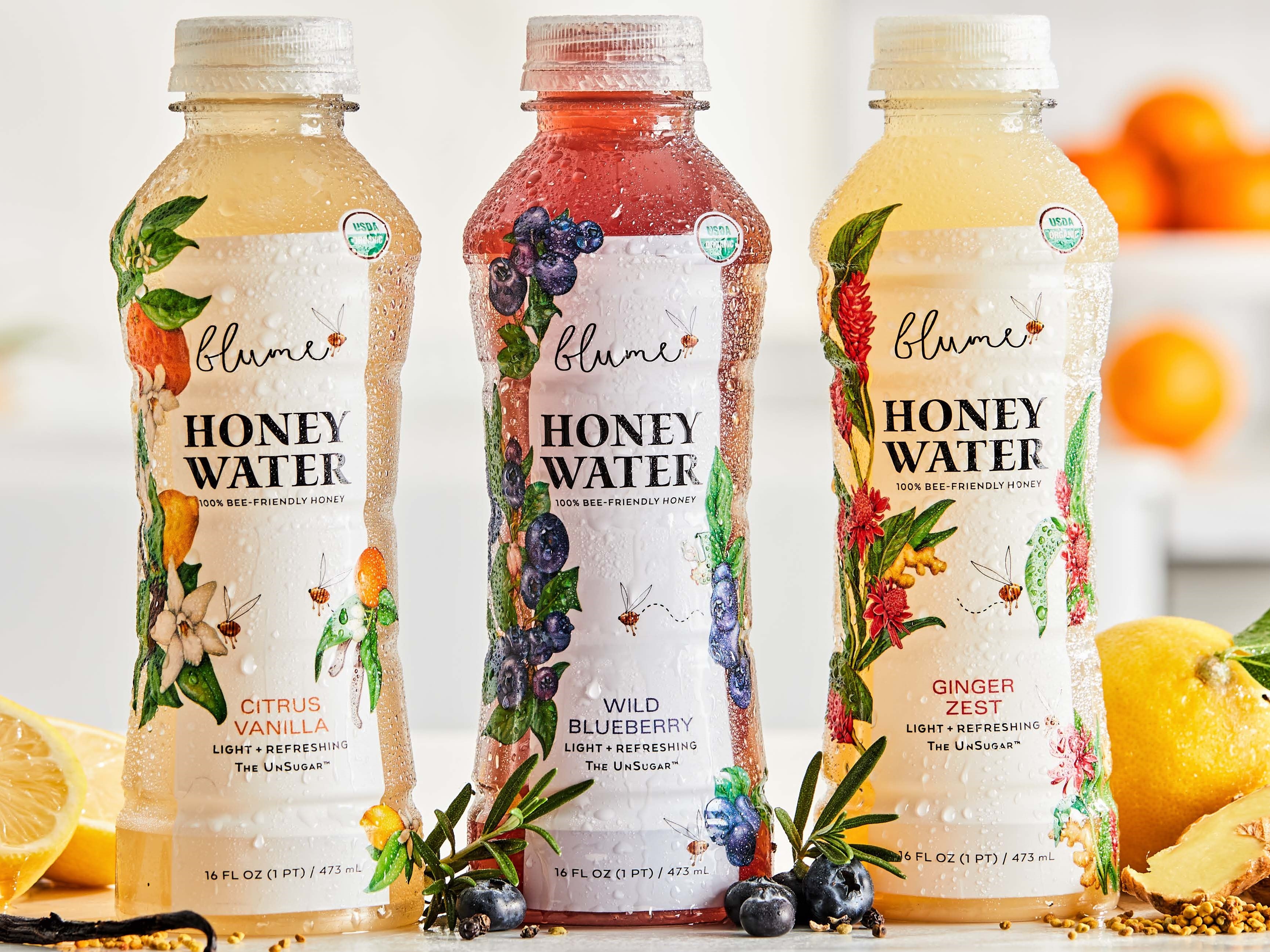
Blume Honey Water, based in Pittsburgh, Penn., is getting its second launch under its original owner, Michele Burchfield, who said that after its original launch, she lost control of the company to investors.
“We are a little over 90 days into getting the product out there again,” she said.
Burchfield came up with the idea for Blume Honey Water after seeing a coach mix honey in water for his athletes. On Blume Honey Water’s website, the company touts its sourcing from the jungles of Yucatán, Mexico.
Blume relaunched at Whole Foods stores across the mid-Atlantic region, Giant Eagle Market Districts and other locations like the Pittsburgh Airport and Longwood Gardens outside Philadelphia.
“Our plan is to participate in category reviews with The Fresh Market and two additional Whole Foods divisions for 2026, among others,” she said.
The 16-ounce bottles contain water, organic honey, organic citrus vanilla flavor, organic lemon juice and organic vanilla extract, according to the website. The water comes in three flavors – Citrus Vanilla, Wild Blueberry and Ginger Zest.
”The goal was to make each one of them very unique, and then also make sure that they truly were light and refreshing, because when people see honey water, they think it’s going to be cloyingly sweet, and it’s not,” she said.
Graasi
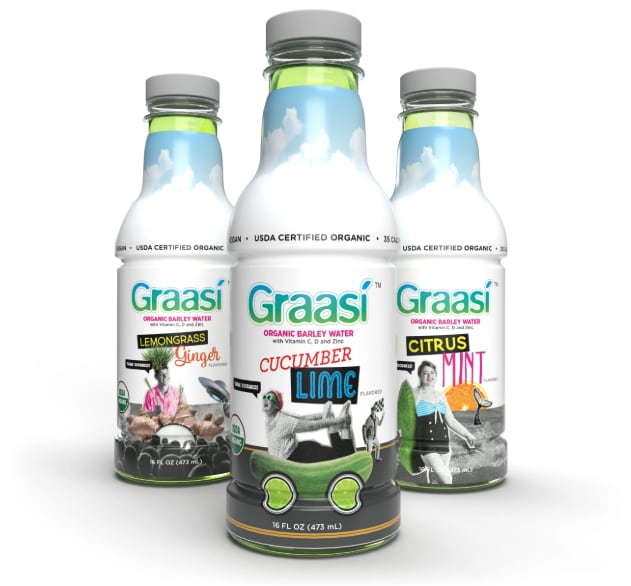
Graasi, a startup company out of Fort Mill, South Carolina, is marketed as the first barley water made from organic barley grass juice powder.
Founder and CEO Chris LaCorata said Graasi’s USDA-certified organic status distinguishes the product in a marketplace.
“We thought it was important, especially coming out of the pandemic – people are very concerned about the products they consume out there,” he said. “There was a real shaking of trust. So we wanted to go through the rigors of creating a product that was clean, less processed, of course, low sugar, low calorie and had a medicinal benefit.”
The 16-ounce bottles come in Cucumber Lime, Lemongrass Ginger and Citrus Mint. They contain 4-grams of sugar and 35 calories. Each bottle contains the full recommended daily allowance of Vitamin C, D and zinc.
On the Graasi website, the company touts the beverage as “more than just a hydration solution – it’s a shield against daily health challenges.”
After just under five years on the market, Graasi is already expanding, LaCorata said. In 2026, the company is launching two more barley water flavors – Blackberry Pear and Watermelon Rose – and it’s also launching a new line of lemonades.
Karma Water
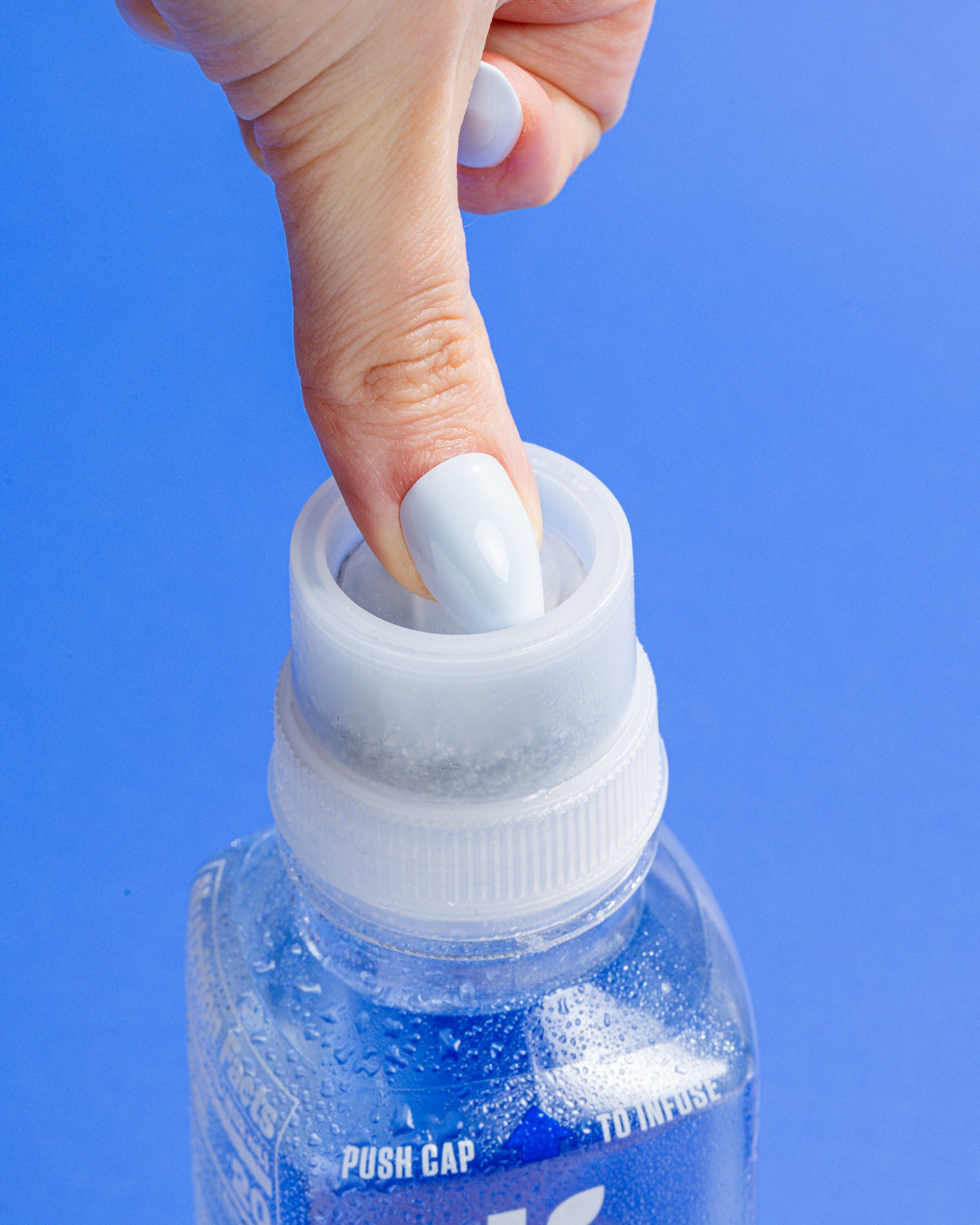
Karma Water, headquartered in Pittsford, New York, is the brainchild of CJ Rapp, founder of the high-caffeine Jolt Cola in 1985. The probiotic beverage has an edge over its competitors with shelf-stability, according to Kelley Bridenbaugh, Karma Water head of marketing.
The 18-ounce bottle offers 150-milligrams of caffeine, nine essential vitamins and is 20 calories. They come in Raspberry Peach, Blueberry Watermelon, Orange Mango and Melon Dragonfruit.
Launched in 2011, the drink company’s patented push cap technology solves the problem of the active ingredient in probiotics breaking down over time once they’re introduced to water, according to Bridenbaugh.
The push cap enables the consumer to press the cap to release the probiotic cultures into the drink immediately before consumption, she explained.
“You push straight down and that infuses all the ingredients right then and there,” she said. “So you know you’re going to 100% of all of your vitamins and 100% of the probiotics.”
Karma Water’s push cap technology gives it another edge over its competitors through cap licensing deals with private-label brands, cleaning products and more.
“We’ve talked with baby formula companies, for ready to drink options that are pre-portioned out,” she said. “There are a ton of different uses, and we’re always having conversations and exploring different options.”

